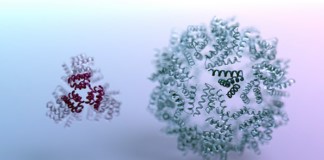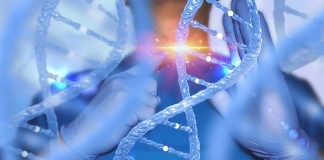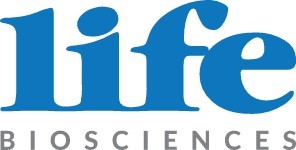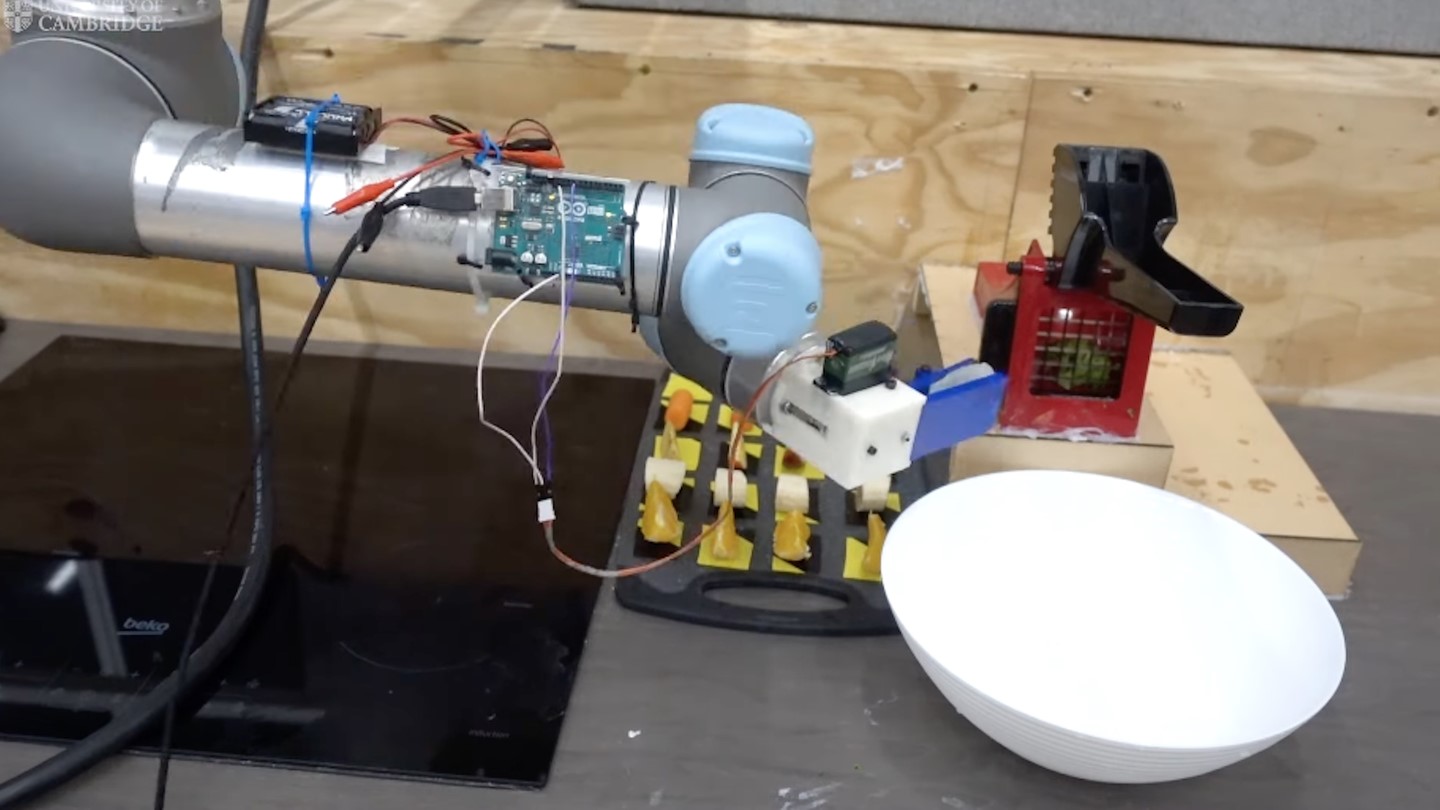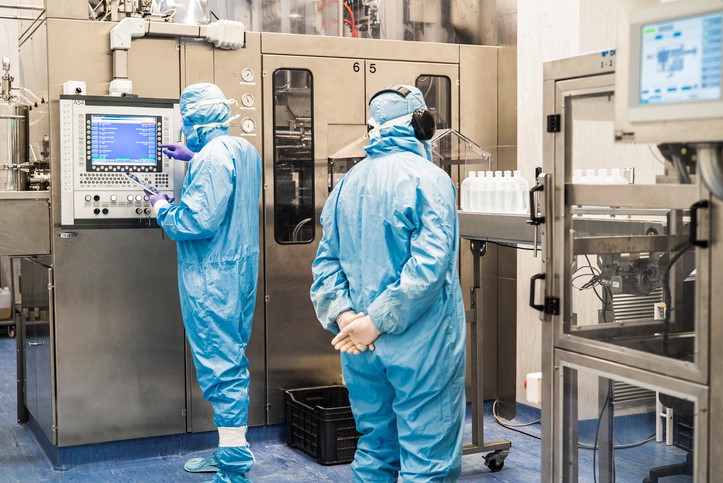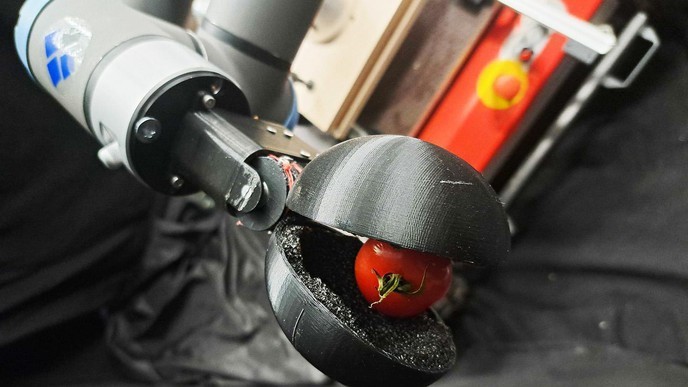New Luciferases Monod Bio Was Developed Using Baker Lab's AI
Researchers, led by Professor David Baker at the University of Washington School of Medicine, have utilized machine learning to create new enzymes, a breakthrough in de novo enzyme design. The team developed machine learning algorithms capable of generating luciferases, which were subsequently confirmed to efficiently catalyze chemicals and emit light. The technology, known as LuxSit, has been licensed by Monod Bio, a biotech company based in Seattle. This achievement opens up new possibilities for enzyme design and has potential applications in various fields.

Figure .1 New Luciferases Monod Bio Was Developed Using Baker Lab's AI
Figure1 shows "Living things are amazing chemists. They use gentle enzymes to break down or build up whatever they require as opposed to hazardous chemicals or high temperatures. In the words of Baker, an HHMI investigator, co-founder of Monod Bio, founder and director of IPD, and recipient of the 2021 Breakthrough Prize in Life Sciences, "If we could create new enzymes, that would put renewable chemicals and biofuels within reach."[1]
The scientists first decided which luciferins they wanted the enzymes to react with before developing the novel luciferases. They then created thousands of potential protein structures that might interact with those compounds using software.[1]
In the published paper titled "De novo design of luciferases using deep learning," the authors introduced a novel approach called the "family-wide hallucination" using deep learning. This approach generates a large number of optimized protein structures with diverse pocket shapes and designs sequences that encode these structures. The researchers applied this approach to design artificial luciferases, specifically targeting the oxidative chemiluminescence of synthetic luciferin substrates, diphenylterazine3 and 2-deoxycoelenterazine. The designed luciferases exhibited selective catalytic activity for these substrates, enabling efficient light emission.
The luciferase technology developed by the Baker lab has been licensed by Monod Bio, a company utilizing computational protein design. Monod Bio aims to create a new class of modular biosensors that emit a bioluminescent signal when the sensor recognizes its target. This work showcases the power of deep learning and de novo design in creating functional enzymes with specific properties. The application of this technology has potential implications in biosensing and other areas where specific recognition and signal emission are desired.
Monod Bio, a company founded on technology developed in David Baker's group, is utilizing the breakthrough de novo luciferase technology called LuxSit, along with the LucCage biosensor platform, to create new commercial opportunities in the field of life sciences. LuxSit allows the design of highly efficient enzymes from scratch using computational methods, enabling the potential to create custom enzymes for various chemical reactions. This advancement opens up possibilities for the development of biosensors and diagnostics using de novo proteins. Andy Yeh, a scientific co-founder at Monod Bio, expressed excitement about the company's ability to leverage LuxSit and de novo proteins for applications in the life sciences field.
References:
- https://www.genengnews.com/news/de-novo-luciferases-created-using-ai-from-baker-lab-monod-bio/
Cite this article:
Janani R (2023), New Luciferases Monod Bio Was Developed Using Baker Lab's AI, AnaTechMaz, pp.286


